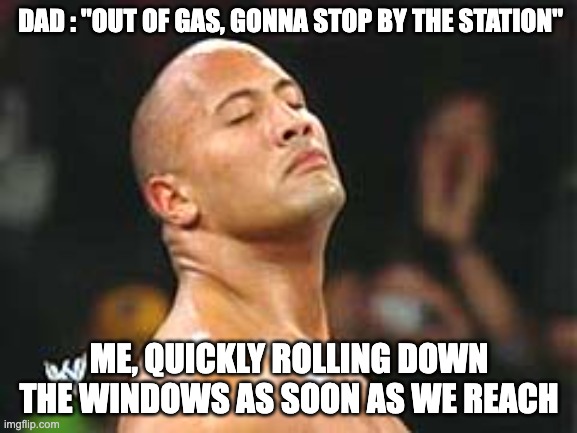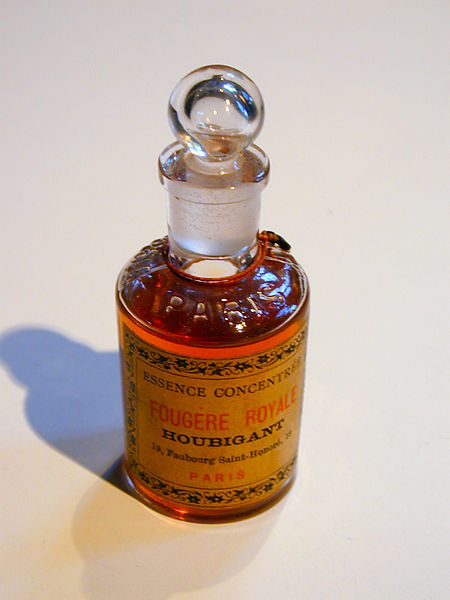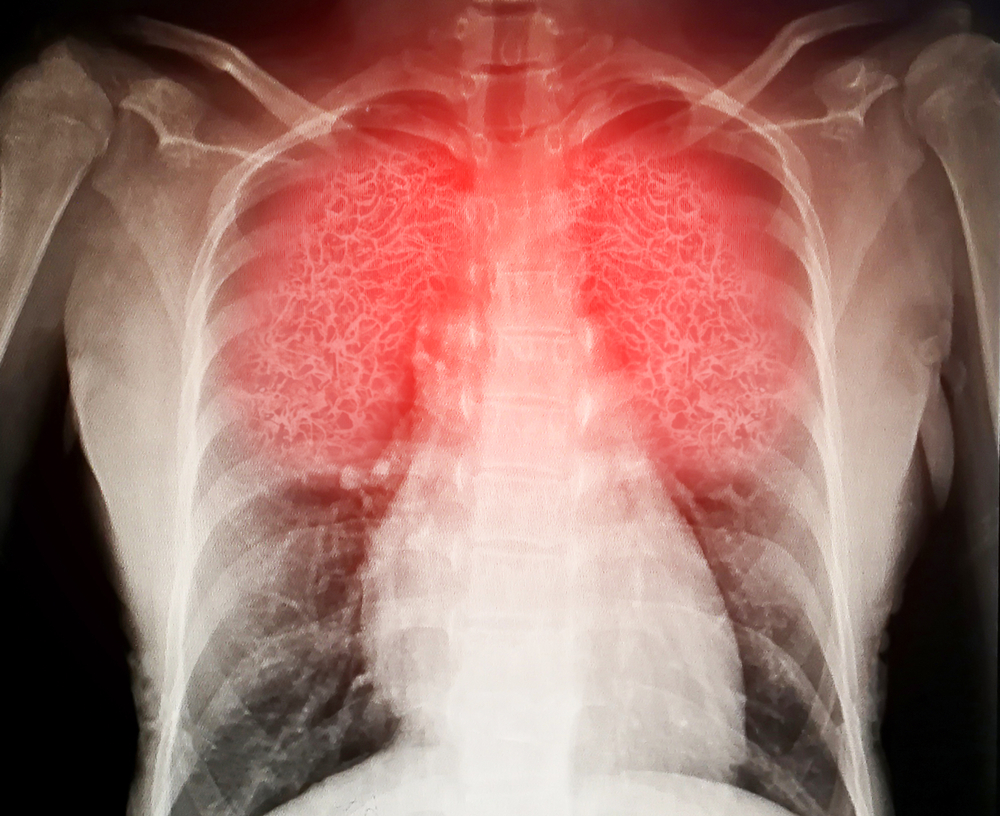The smell of Benzene, added to Gasoline, has addictive effects, as well as the ability to stimulate memories, which is alluring to some people.
Have you ever rolled down your windows at a gas station just to take a big whiff, but then found yourself to be the only weirdo doing so?

Firstly, don’t worry… you’re not alone. I’d be pulling up right behind you doing the same thing! Secondly, there’s a perfectly reasonable scientific explanation behind this seemingly odd desire.
What Makes Fuel Smell Good?
Gasoline is a complex mixture of over 150 chemical compounds, many of which are dangerous to our health, according to a public health statement issued by the CDC. The compound that gives gasoline its strong and gassy smell — which attracts some of us — is a hydrocarbon called Benzene.
Now, manufacturers don’t just add benzene to give us a little treat. The benzene in gasoline provides better fuel efficiency and improves engine performance. Perhaps the nice scent was just a happy accident.

Also Read: The Reason Behind The Smell Of LPG Cylinders That Helps Detect Leakage
Benzene In A Bottle
The pleasant smell of Benzene in gasoline might just be a coincidence, but historically speaking, the sweet and aromatic smell of Benzene made it a common ingredient in aftershaves and perfumes of the early 19th century. We can’t be weird for liking the smell of perfume, can we?
Yet, all these uses were later discontinued once scientists found Benzene to be carcinogenic and toxic. Inhaling hydrocarbons like Benzene can affect all our organs, most commonly the lungs. It can cause a severe type of inflammation called Hydrocarbon pneumonitis.

Also Read: Why Are Vehicles’ Exhaust Fumes Harmful To Humans?
Am I Sniffing Death At The Gas Station?
Understandably, you’re probably outraged at learning that the Benzene in gasoline can negatively affect your health. But don’t worry, as all the substances in gasoline are at tiny and controlled concentrations that are harmless to us. The benzene content in gasoline is only about 1% by volume, as per the Mobile Source Air Toxics (MSAT) rules.
Despite its very low concentration, your nose can still pick it up. This is because the smell is pungent even at 1 part per million of benzene in the air. It also spreads faster because it evaporates in the air rapidly. It definitely isn’t because some of us have “super smell”!
However, what is it about Benzene that makes some of us go crazy for it? Well, there are two main theories.

Theory 1: Sniffing Down Memory Lane
Have you ever noticed that, of all the senses, it’s always your sense of smell that whisks you back to a very special memory? The smell of freshly baked cookies might remind you of Christmas back at home; the smell of an old book could make you remember the hours you spent bent over your favorite novel.
There’s a very specific reason for this, and you can find out why here!
However, the brief explanation is that, unlike the other senses, the area of the brain that detects smells sits close to the areas responsible for emotions and memory. Your brain, therefore, ties a strong smell with an important memory.
One reason to explain why some of us like the smell of gasoline is that we associate it with some fond memory. It could have been a fun family road trip or long drives with your grandpa.

Theory 2: Gasoline SHOTS, Anyone?
The second theory that explains why we like the smell of gasoline is that benzene has euphoric effects on the brain. In other words, sniffing benzene can get you high.
This is because inhaling hydrocarbons like Benzene can numb the nerve receptors and depress the central nervous system, like an anesthetic. Studies show that this activates the mesolimbic pathway, commonly called the reward pathway, of the brain. The reward here is a shot of dopamine, the feel-good hormone that gives you a temporary pleasant sensation.

Fair warning, the activation of the mesolimbic pathway to release dopamine is how most drugs of abuse work their evil magic. The feeling you get when there is a burst of dopamine in your system is what makes something addictive. So, casually smelling Benzene while filling your petrol tank is harmless, but intentionally sniffing it can cause addiction and health issues.
Is It Only Fuel?
Interestingly, gasoline isn’t the only thing that contains Benzene. Other common items you may have smelt that contain benzene include tennis balls, nail polish and paint. If you have ever found yourself lingering, curiously smelling these things, now you know why.

Conclusion
So, the reason you flare out your nostrils to get a nice big whiff at gas stations is because of the strong, yet pleasant smell of Benzene that’s added to gasoline. Whether Benzene does this by eliciting a fond memory, releasing a shot of dopamine, or a combination of both is still being researched.
How well do you understand the article above!

References (click to expand)
- Gasoline, Automotive | Public Health Statement | ATSDR. The Centers for Disease Control and Prevention
- RIEGEL, A. C., & FRENCH, E. D. (2006, January 24). Abused Inhalants and Central Reward Pathways. Annals of the New York Academy of Sciences. Wiley.
- Pierce, R. C., & Kumaresan, V. (2006, January). The mesolimbic dopamine system: The final common pathway for the reinforcing effect of drugs of abuse?. Neuroscience & Biobehavioral Reviews. Elsevier BV.
- Gasoline Mobile Source Air Toxics | US EPA. The Environmental Protection Agency
- Hydrocarbon Toxicity: Practice Essentials, Pathophysiology .... eMedicine
- Gasoline, Automotive | Public Health Statement | ATSDR. The Centers for Disease Control and Prevention
